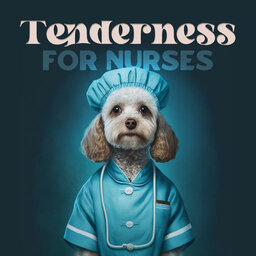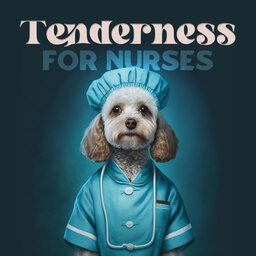Clean Slate Clinic
In today’s podcast we chat with Dr Chris Davis who is the Chief medical officer for Clean Slate Clinics.
Chris and I chat about how Clean Slate Clinics started and how the program can assist anyone who has a problem with alcohol and drugs.
The Clean Slate team is led by Chris , who is a global leader in General Practitioner substance withdrawal management. Clean Slate has a highly trained clinical team who can give you support and the care you need to successfully detox from home, (if you are a suitable candidate).
The Clean Slate team are passionate advocates for people who are struggling to cut back.
 Tenderness for Nurses
Tenderness for Nurses


